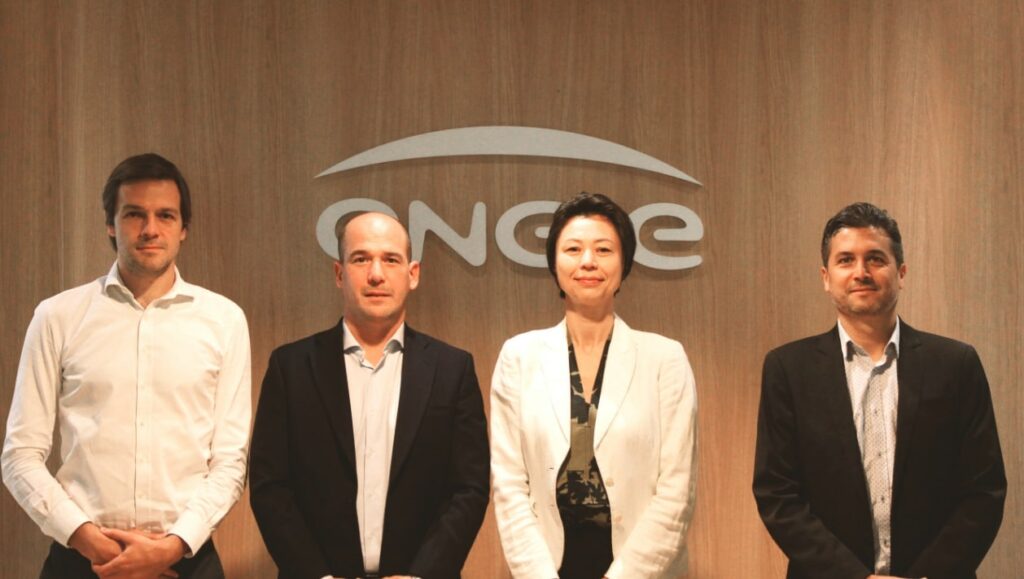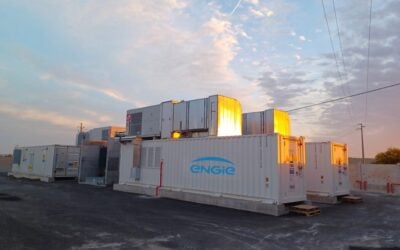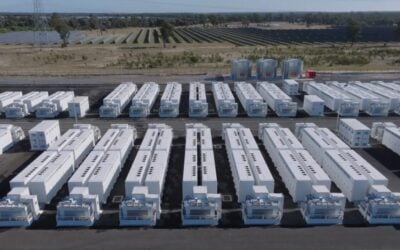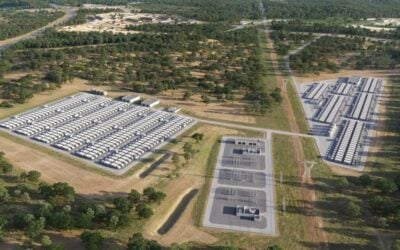
Sungrow will provide a 638MWh liquid-cooled battery energy storage system (BESS) to Engie for a solar-plus-storage project in Chile.
The China-based solar PV inverter and energy storage system manufacturer announced the order with the Chile arm of the France-headquartered multinational utility Engie today (13 December).
Enjoy 12 months of exclusive analysis
- Regular insight and analysis of the industry’s biggest developments
- In-depth interviews with the industry’s leading figures
- Annual digital subscription to the PV Tech Power journal
- Discounts on Solar Media’s portfolio of events, in-person and virtual
Sungrow will supply 638MWh of its DC-coupled liquid cooled energy storage product to adjoin the 181.25MWac Coya Solar PV Plant in the northern Antofagasta region. Construction will start this month and the BESS will be fully commissioned by the first trimester of 2024.
Sungrow only recently launched its liquid-cooled BESS product and spoke to Energy-Storage.news about it in a recent webinar, which you can see here.
The BESS the company is providing to Engie, comprised of 232 units, is a five-hour system, meaning a power rating of around 127MW. Sungrow said its solution cuts cost thanks to its pre-assembled and easy installation design, while its cell working environment decreases capacity loss rate.
It claims the new cluster controller can charge and discharge battery racks individually and increase the overall system performance and doesn’t need an additional power conversion system (PCS) or medium-voltage station, thanks to its DC-coupled design.
“Engie continues to advance in our decarbonisation plan. The construction of the BESS Coya will allow us to deliver clean solar energy to the network during the night, increasing the flexibility of the dispatch of the solar plants to the National Electric System, making it more efficient and bringing more security,” said Rosaline Corinthien, CEO of Engie Chile.
Chile is aiming for 70% renewable electricity by 2030 and numerous large-scale solar-plus-storage projects are being developed to help it get there, and the Coya project is not the only one Engie is delivering. Two months ago, it received regulatory approval to add a 180MW/900MWh BESS to its Pampa Camarones solar PV plant, which it is expanding from 6MW today to 300MW.
The country has substantial solar PV facilities already online but less than 100MW of BESS operational today. Utility Colbun claimed to commission the first solar-plus-storage facility in the Atacama desert – widely thought to be the sunniest place in the world – last month.
The government in October passed a major piece of legislation which will allow BESS units to make money in the country’s electricity market without being attached to a solar PV plant, in an effort to incentivise the widespread deployment of the technology.
Read all previous Energy-Storage.news coverage of Sungrow and Engie here and all developments in Chile here.






